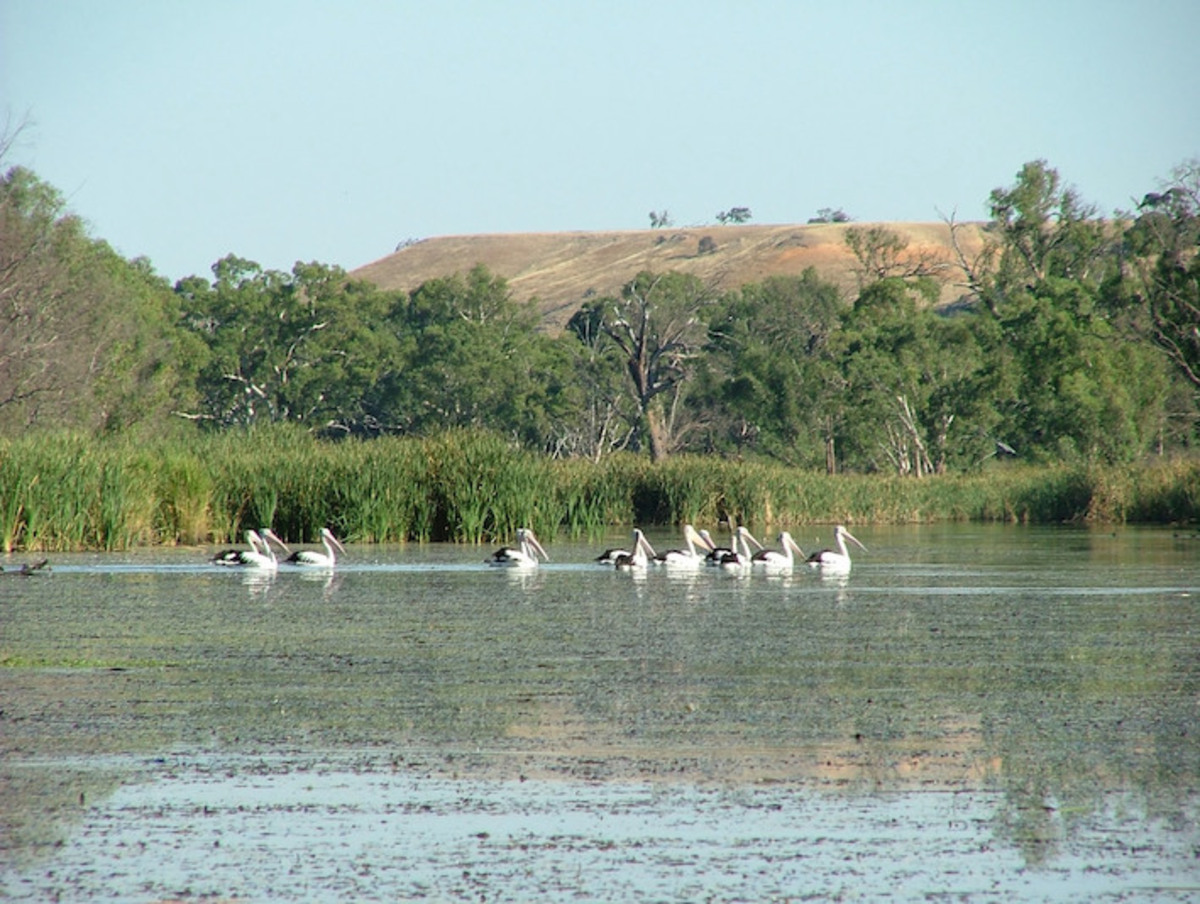Boomtimes for the Coorong and Lower Lakes
Staff Reporters
04 May 2023, 9:02 PM

There are now more fish, underwater plants and macroinvertebrates in the Coorong and Lower Lakes than there has been since the Millennium Drought, new research shows.
Scientists say significant reductions in both salinity and nutrient levels following the floods have triggered a boom in aquatic, plant and other life.
According to the latest research and monitoring, there has been a substantial increase in fish, including congolli, black bream, greenback flounder and yelloweye mullet.
This is a boon for birds and larger fish that feed off the smaller fish species.
The Coorong’s underwater plants, many of which were almost lost from the system during the Millennium Drought, are recovering and provide an important habitat for fish and a vital food source for birds.
The South Lagoon, which was severely impacted by the drought, appears to also be bouncing back, with reduced salinity and increased animal life.
The research scientists have been engaged through the Healthy Coorong, Healthy Basin program to analyse water quality and nutrients in the Coorong and Lower Lakes.
They form part of a scientific advisory group that provides advice on water delivery and water for the environment by collecting and analysing fish, vegetation, invertebrate and water quality data.
Their research will be on show at the Healthy Coorong, Healthy Basin Science Forum in Goolwa on Tuesday 16 May.
Attendees can participate and provide feedback during a Coorong Restoration Roadmap workshop on the day. While it is a free event, registration is essential via Eventbrite.
Environment Minister Susan Close says this important scientific work is yielding wonderful news for the ecology of the lakes.
“While the floods have provided a much needed boost to the Coorong and Lower Lakes, it must be sustained into the future through sufficient environmental flows.
“The Coorong and the Lower Lakes were the absolute last refuge for birds and other animals throughout the drought and we must continue to ensure it is there when the next big dry spell hits.”